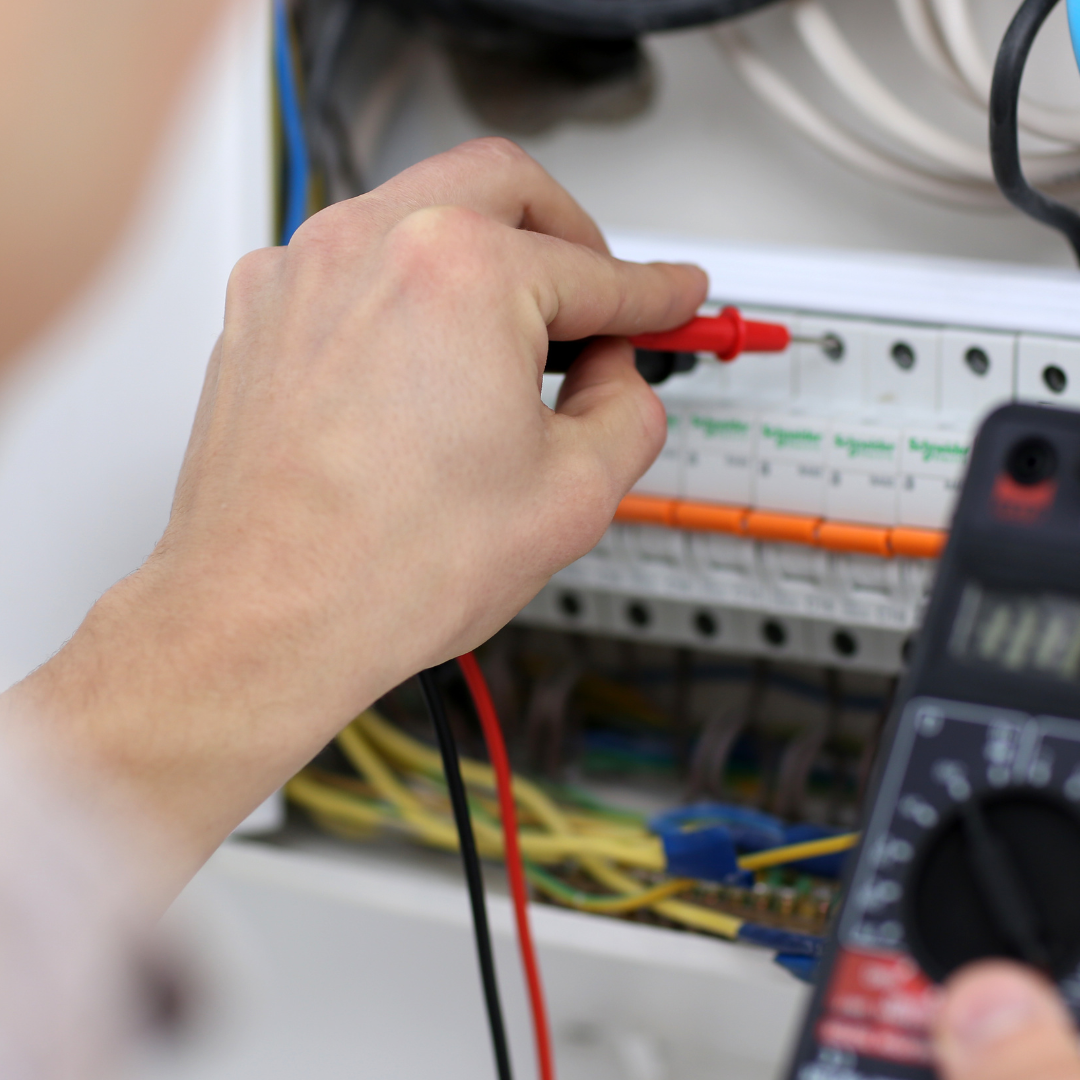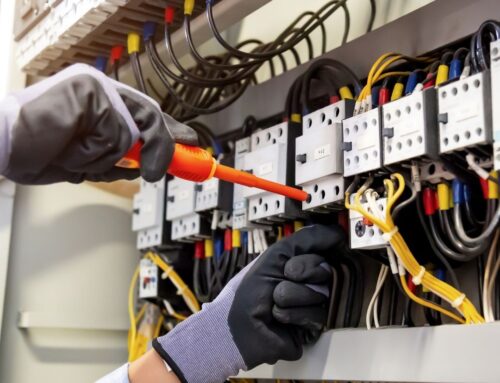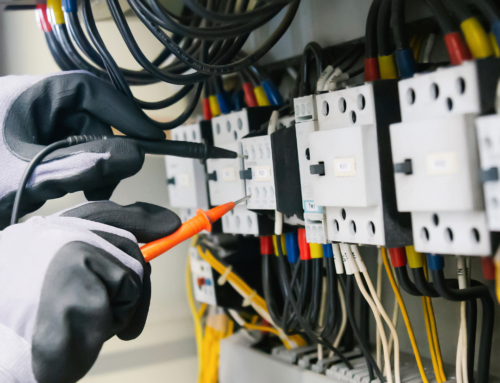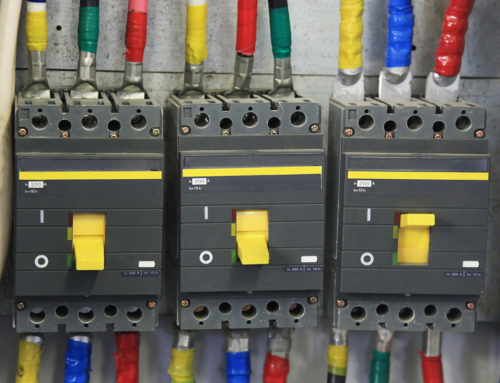For small businesses across the UK, ensuring the safety and reliability of your electrical installation is essential. Whether you run a retail shop, office, café, or light industrial unit, the fuse board (also known as the consumer unit or distribution board) is at the heart of your electrical system. Over time, however, this equipment can become outdated or inadequate — which is where fuse board upgrades come in.
This article explains why fuse board upgrades matter, when they should be considered, and how they can benefit your business in terms of safety, compliance, and future expansion.
—
🔎 What Is a Fuse Board and Why Does It Matter?
A fuse board is the central point from which electricity is distributed throughout your premises. It contains safety devices — such as circuit breakers and RCDs (Residual Current Devices) — which protect people and equipment by disconnecting power in the event of a fault.
Older fuse boards, especially those with rewireable fuses or lacking modern safety features, may no longer comply with current British Standards (BS 7671). Fuse board upgrades ensure that your installation remains safe and suitable for today’s electrical demands.
—
⚠️ When Is a Fuse Board Upgrade Needed?
There are several signs that your business may require a fuse board upgrade:
-
Your board contains outdated rewireable fuses
-
You’ve added new equipment, increasing your power demand
-
There’s no RCD protection on the circuits
-
The unit shows signs of overheating or damage
-
You’ve received a poor rating or recommendations following an EICR (Electrical Installation Condition Report)
-
You’re refurbishing or changing the use of your premises
If any of the above apply, your current installation may not be safe or compliant — putting your staff, customers, and premises at risk.
—
🔧 What Does a Fuse Board Upgrade Involve?
Only a qualified commercial electrician should carry out a fuse board upgrade. The process generally includes:
-
A full assessment of the current electrical installation
-
Isolating the supply and removing the old unit
-
Installing a new consumer unit with modern circuit breakers and RCD or RCBO protection
-
Comprehensive testing of circuits to confirm safe operation
-
Issuing an Electrical Installation Certificate (EIC) to confirm compliance with regulations
For most small premises, the upgrade can be completed within a single working day, depending on complexity.
—
✅ Benefits of Fuse Board Upgrades for Small Businesses
There are many benefits to upgrading your fuse board, including:
-
Improved electrical safety for staff and visitors
-
Compliance with the latest wiring regulations
-
Better protection against fire and electric shock
-
Increased capacity for future expansion or equipment
-
More efficient circuit management and labelling
For small businesses looking to grow, a fuse board upgrade also helps future-proof the premises, ensuring your electrical system can support new demands.
—
📝 Insurance and Legal Considerations
Many business insurance policies require your electrical installation to meet current standards. A modern fuse board, along with regular EICR testing, can help ensure your cover remains valid.
If you lease your property, bear in mind that landlords have legal responsibilities under the Electrical Safety Standards in the Private Rented Sector (England) Regulations 2020 to maintain safe electrical installations.
—
🔌 Conclusion
Fuse board upgrades are not just about ticking boxes — they’re a vital investment in the safety, efficiency, and compliance of your business. If you’re unsure about the condition of your existing fuse board, or if you’re planning changes to your premises, it’s worth speaking to a qualified commercial electrician.
A properly installed and up-to-date fuse board ensures peace of mind, protects your property, and keeps your business running smoothly.







Leave A Comment